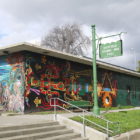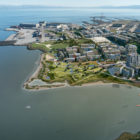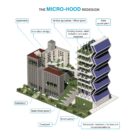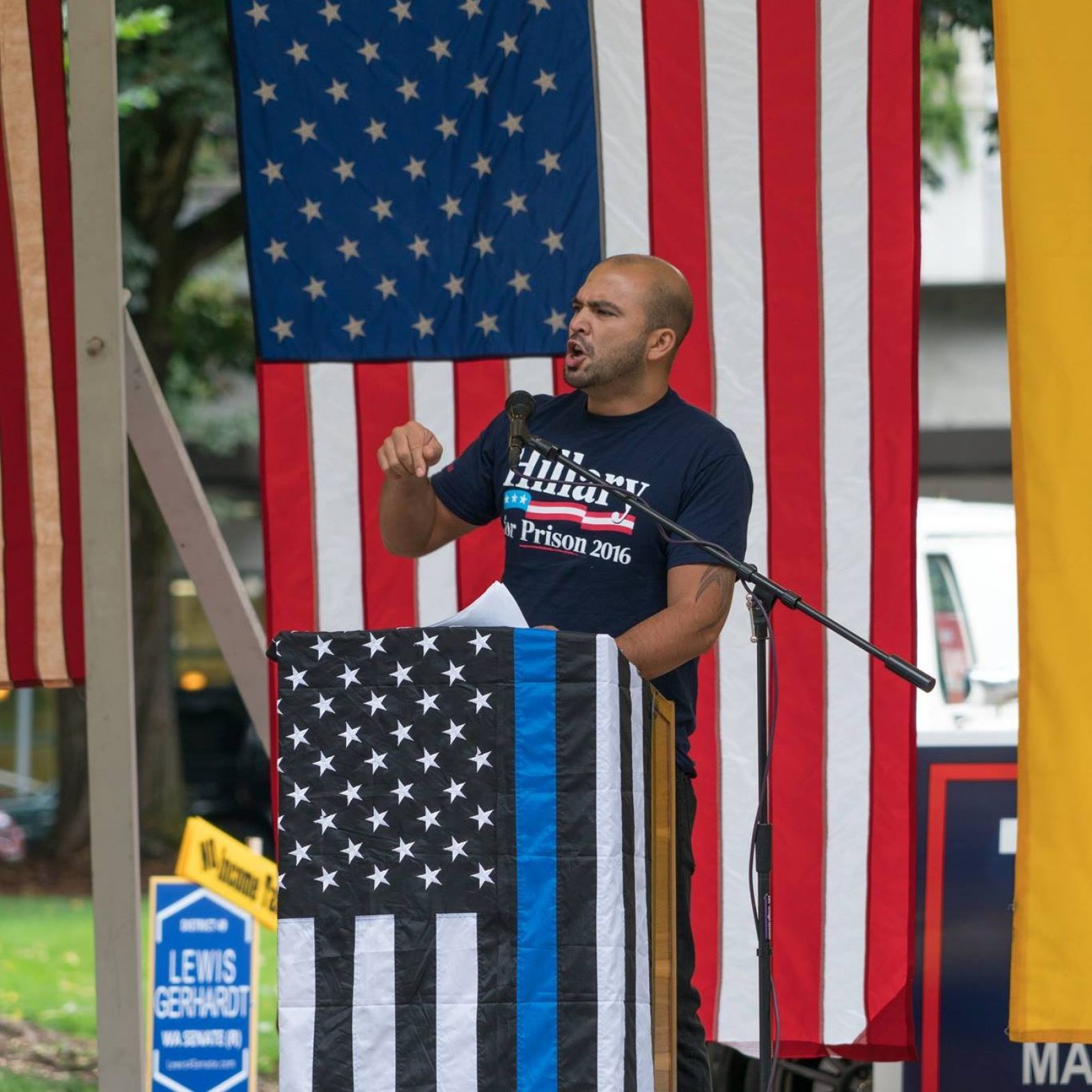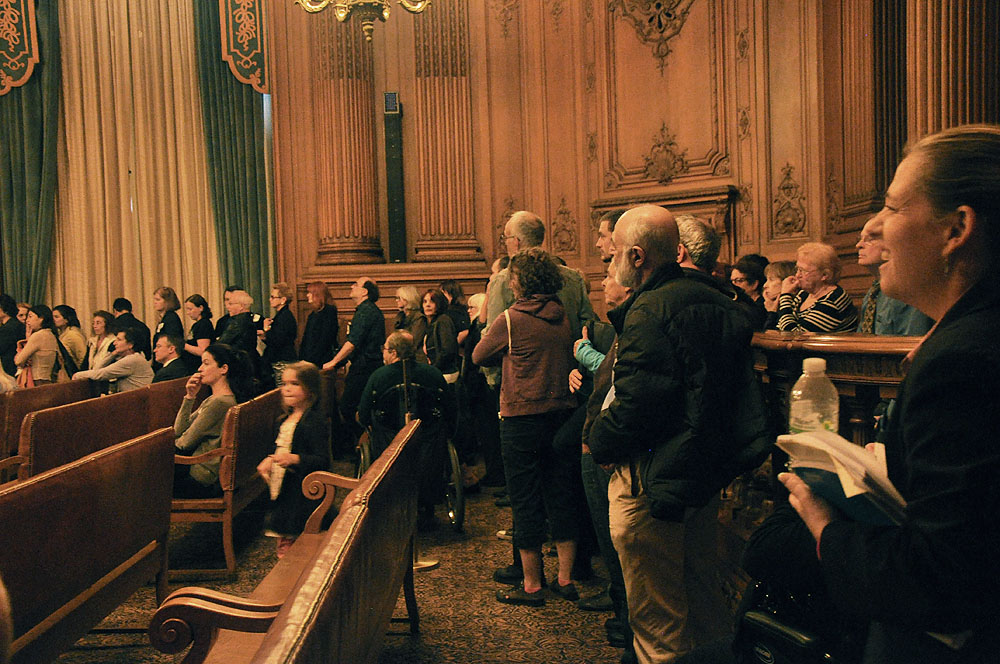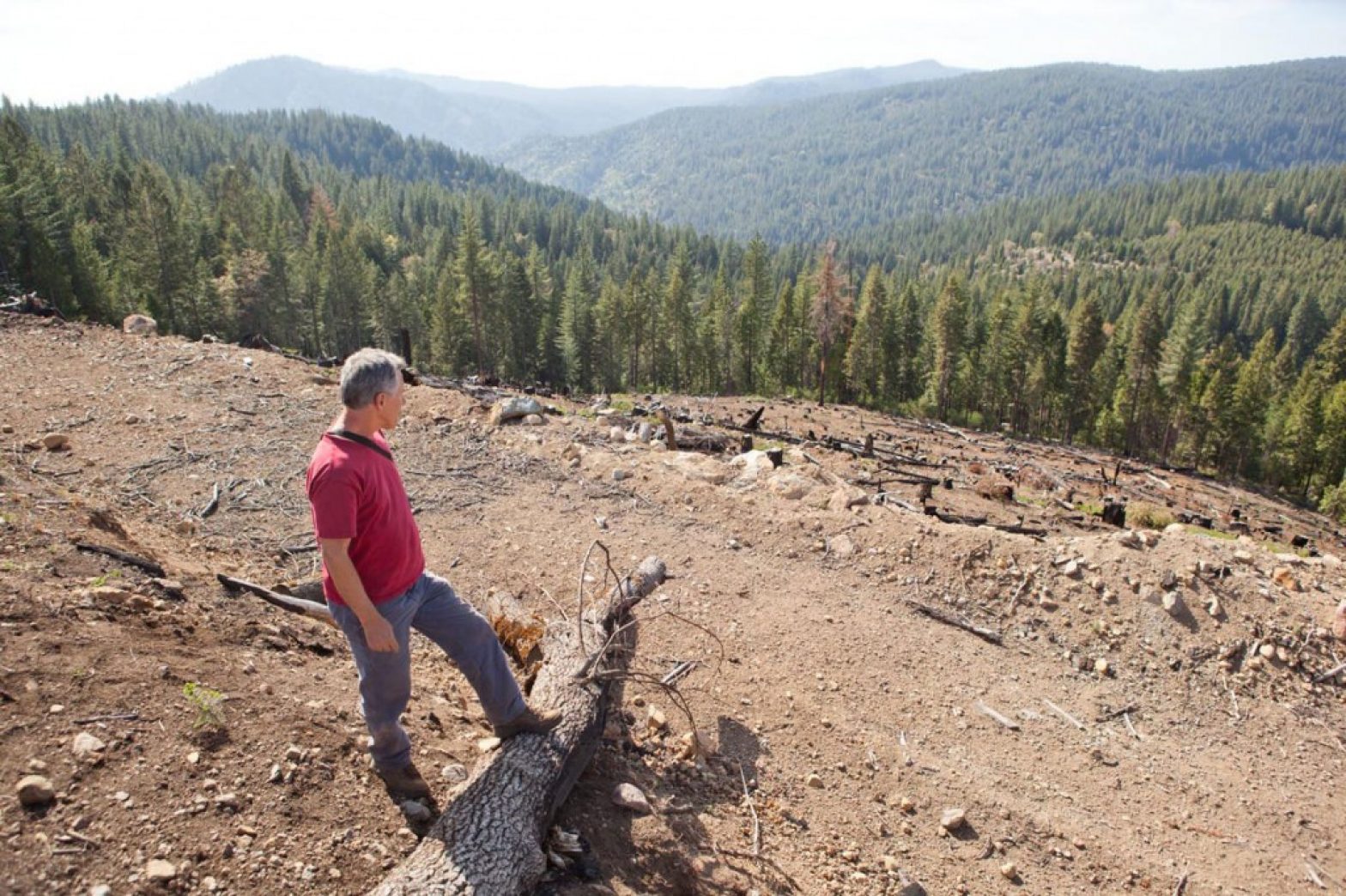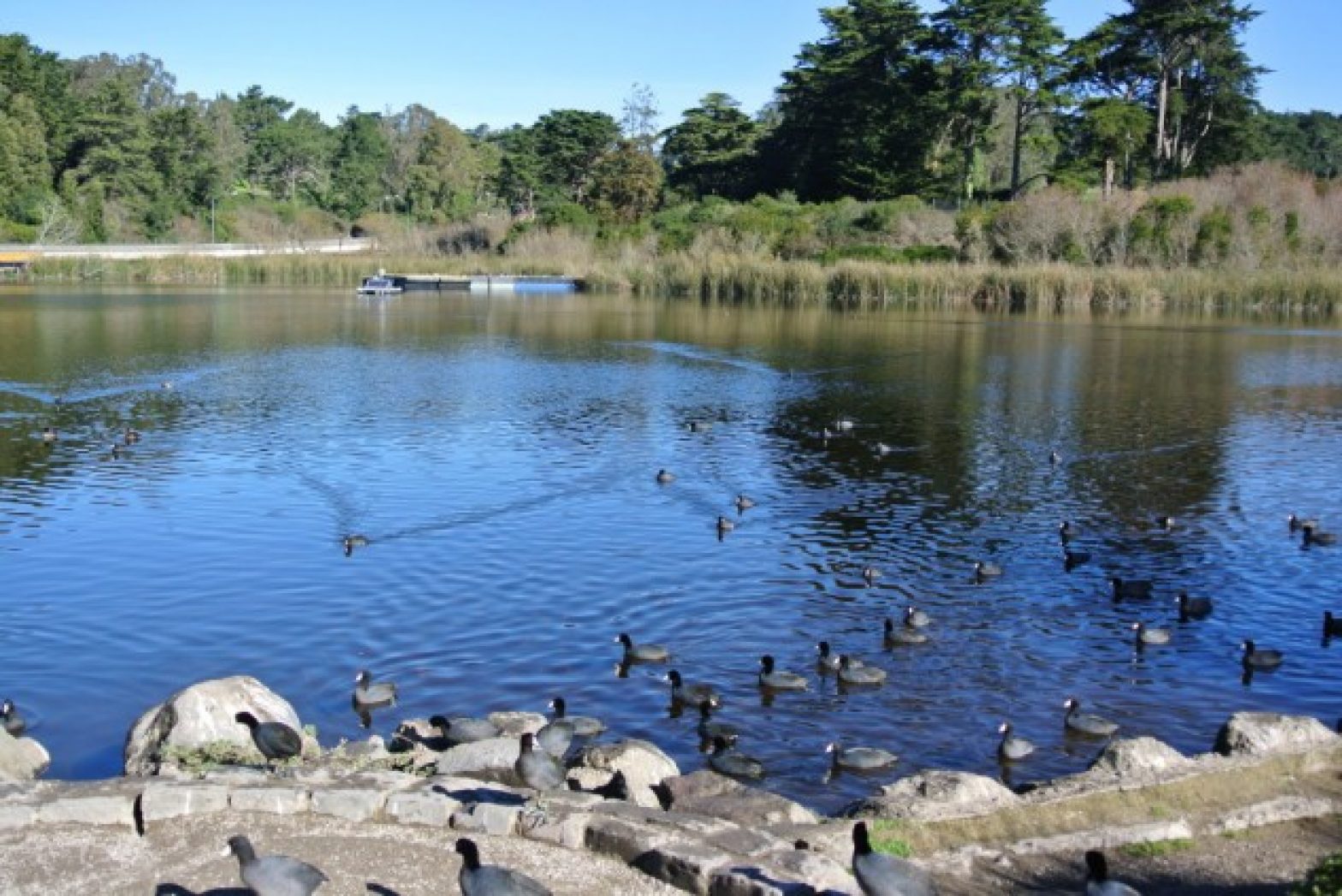Before the COVID-19 pandemic, the demand for space in San Francisco’s office towers seemed insatiable. But with no end to the pandemic in sight and the prospect that many employers will allow their people to continue to work from home after the crisis, it’s possible that at least some of those gleaming office towers will empty out. As they sheltered in place in North Beach, architects Elizabeth Ranieri and Byron Kuth wondered what could be done with all of that vertical real estate.
They looked at two blocks of buildings bounded by Beale, Main, Market and Mission streets where Pacific Gas and Electric is scheduled to move out of one of the largest buildings. Ranieri said they realized that the entire two blocks could become a self-sustaining village.
“This is potentially the building stock that’s needed because it’s quite diverse,” she said. “Everything from the 1970’s tower to the historic buildings on Market Street that would be very well suited for repurposing for housing.
